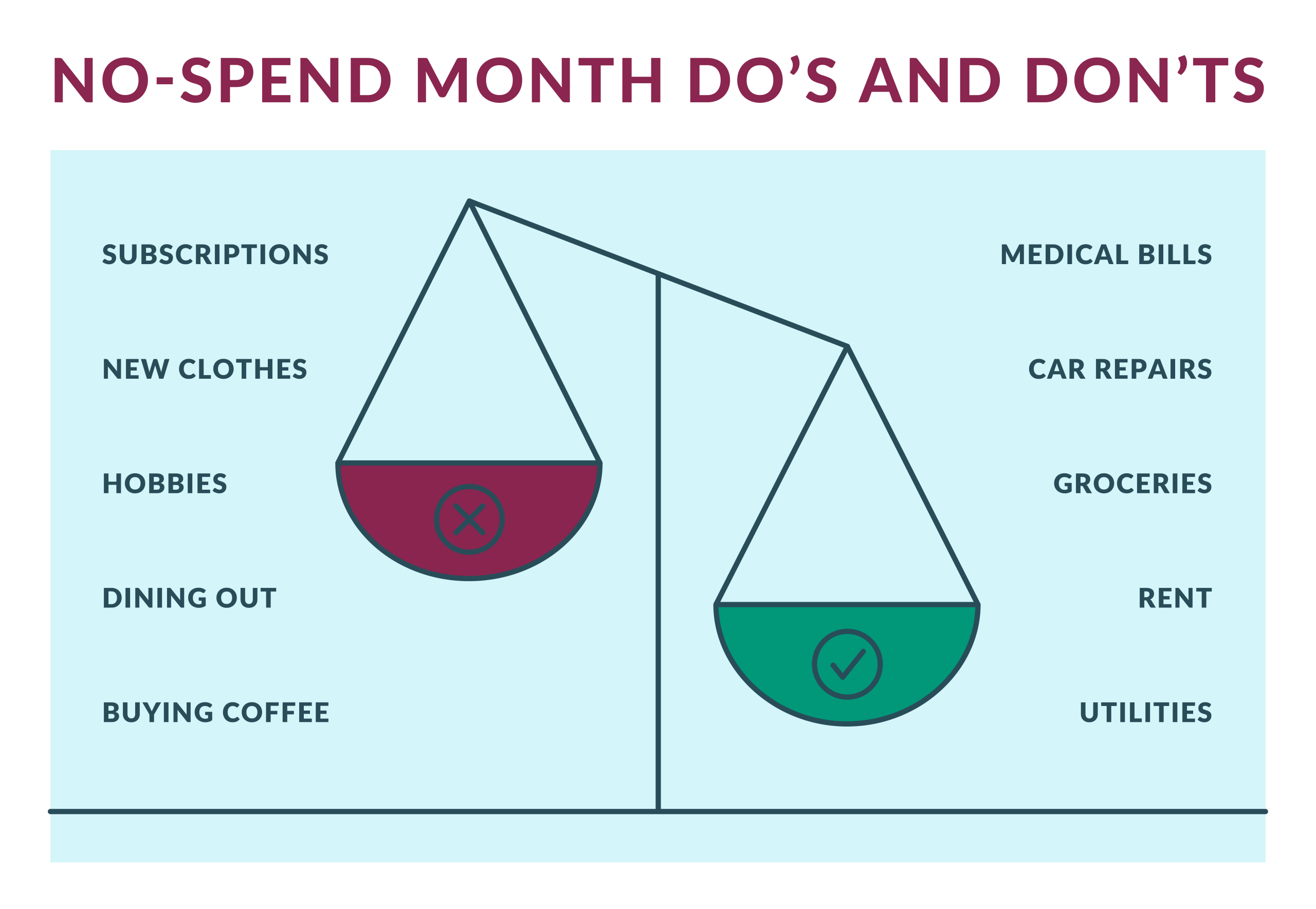Anúncios
Credit cards are an essential part of modern life. We all need them for our purchases.
From their humble origins to their evolution into complex and multifaceted financial instruments, these small pieces of plastic have a fascinating history and are filled with intriguing details that many are unaware of.
In this article, we will show you 7 facts about credit cards for you to know and understand how to use yours in the best possible way.
1- Credit card interest rates can vary
When it comes to credit cards, one of the most important features to consider is the interest rates.
However, what many fail to realize is that these rates can vary significantly among different types of cards and even among different issuers of the same type of card.
Interest rates can be fixed or variable, and many factors can influence their determination. Including the cardholder’s credit history, the issuer’s card policy, and general economic conditions.
It is essential for consumers to fully understand the interest rates associated with their credit cards, as they have a direct impact on the cost of using credit.
A higher interest rate means that unpaid balances will be more expensive to carry over time, resulting in higher monthly payments and potentially quicker accumulation of debt.
On the other hand, a lower interest rate can make credit card usage more affordable and less burdensome for consumers.
To ensure they are getting the best possible deal, cardholders should carefully compare interest rates when applying for a new card and be aware of how their interest rates may change over time.
Additionally, it is crucial to make timely payments and keep balances low to avoid accumulating a mountain of debt due to high interest rates.
Understanding the variable nature of credit card interest rates is key to making smart financial decisions and avoiding financial pitfalls.
2- Card terms can also change
One often overlooked aspect by credit cardholders is the terms and conditions associated with their cards.
These terms are not static and can change over time, often without prior notice to consumers.
Changes in card terms can affect a variety of areas, including interest rates, transaction fees, card benefits, and rewards policies.
Credit card companies have the right to change the terms of the contract as they see fit, but this can be frustrating and challenging for cardholders who may find themselves subject to less favorable conditions.
For example, a credit card company may increase interest rates or introduce new fees, which can increase the cost of maintaining and using the card.
It is crucial for consumers to be aware of this possibility and regularly monitor their communications with card issuers to stay updated on any changes in card terms.
Upon receiving notifications about changes in card terms, cardholders should carefully review these changes and consider how they may affect their card usage and personal finances.
In some cases, it may be necessary to take action, such as opting to close the card or seeking a more favorable alternative. Being informed and proactive about card terms is essential for protecting financial interests and ensuring a positive credit card experience.
3- Issuers can lower your limit
One of the lesser-known aspects of credit cards is issuers’ ability to modify cardholders’ credit limits.
While many consumers may be aware that issuers can increase their credit limits based on their payment history and credit score, it is less known that issuers also have the right to decrease these limits if they so choose.
There are several reasons why a credit card issuer may choose to reduce a cardholder’s credit limit. One of them is the desire to reduce the risk of default.
If an issuer perceives an increase in risk associated with a particular customer, such as inconsistent payment patterns or an increase in debt levels, they may choose to reduce the credit limit as a precautionary measure.
Additionally, general economic conditions can also play a role in a credit card issuer’s decision to decrease credit limits.
During periods of economic instability, issuers may adopt a more conservative stance and choose to reduce their customers’ credit limits as part of a broader risk management strategy.
4- You can upgrade or downgrade your card
A feature often underestimated of credit cards is the ability for cardholders to upgrade or downgrade their cards as needed.
This means that if your financial needs or preferences change, you are not stuck with the same credit card forever.
Upgrading means switching to a card with more benefits, features, or higher credit limits, while downgrading involves switching to a card with fewer benefits or a lower credit limit.
Most credit card issuers offer upgrade and downgrade options for their customers, often allowing this to be done online or over the phone.
The reasons for upgrading or downgrading the card may vary. For example, if you realize you are not taking advantage of the benefits offered by your current card.
In this case, it may be advantageous to downgrade to a card with lower or no annual fees, while still maintaining the available credit line.
On the other hand, if your expenses increase or you are seeking more generous rewards, upgrading to a premium card with additional benefits may be the right choice.
5- Reward values can fluctuate
For many credit cardholders, the rewards offered by the card are one of the main attractions. Whether it’s reward points, airline miles, or cash back, these benefits can add significant value to using the card.
However, what not everyone realizes is that the value of these rewards can be subject to fluctuations over time.
Credit card rewards are subject to changes in the issuer’s policies, market conditions, and general economic factors.
For example, an issuer may choose to change the points conversion rate, meaning that the points you earn per dollar spent may decrease, thus reducing the overall value of your rewards.
Additionally, market conditions, such as changes in exchange rates or rewards partner policies, can affect cardholders’ ability to redeem their rewards for significant value.
6- Late payments will bring impacts
One of the most important and often underestimated facts about credit cards is the significant impact that late payments can have on personal finances.
Delaying payment of the credit card bill can trigger a series of negative financial consequences that can affect both the pocket and the cardholder’s credit history.
First and foremost, late payments typically result in late fees, which are charged by the card issuer and added to the outstanding balance.
These fees can vary depending on the card issuer and the amount of the overdue balance, but are generally significant and can quickly increase the total cost of the credit card.
In addition to late fees, late payments can also result in an additional interest rate, known as a penalty interest rate.
This interest rate is applied to the overdue balance and is usually higher than the regular interest rate on the credit card.
As a result, unpaid balances accumulate interest more quickly, which can lead to even greater debt over time.
7- A new card can affect your score
When applying for and opening a new credit card, many people may not fully realize the impact this can have on their credit score.
The credit score, a measure that reflects an individual’s financial health and ability to repay debts, is influenced by a variety of factors, and opening a new line of credit is one of them.
When a new credit card is applied for, the card issuer typically performs a credit check, which is recorded as a “hard inquiry” on your credit report. These inquiries can temporarily reduce your credit score by a few points.
Although the impact is generally small and temporary, multiple credit inquiries within a short period of time may suggest to lenders that you are seeking credit excessively. Which can be seen as a risk signal.
Liked learning about the 7 facts about credit cards? Pay attention to all of them so that you can make better financial use of your credit. And check out more tips on the website now.






